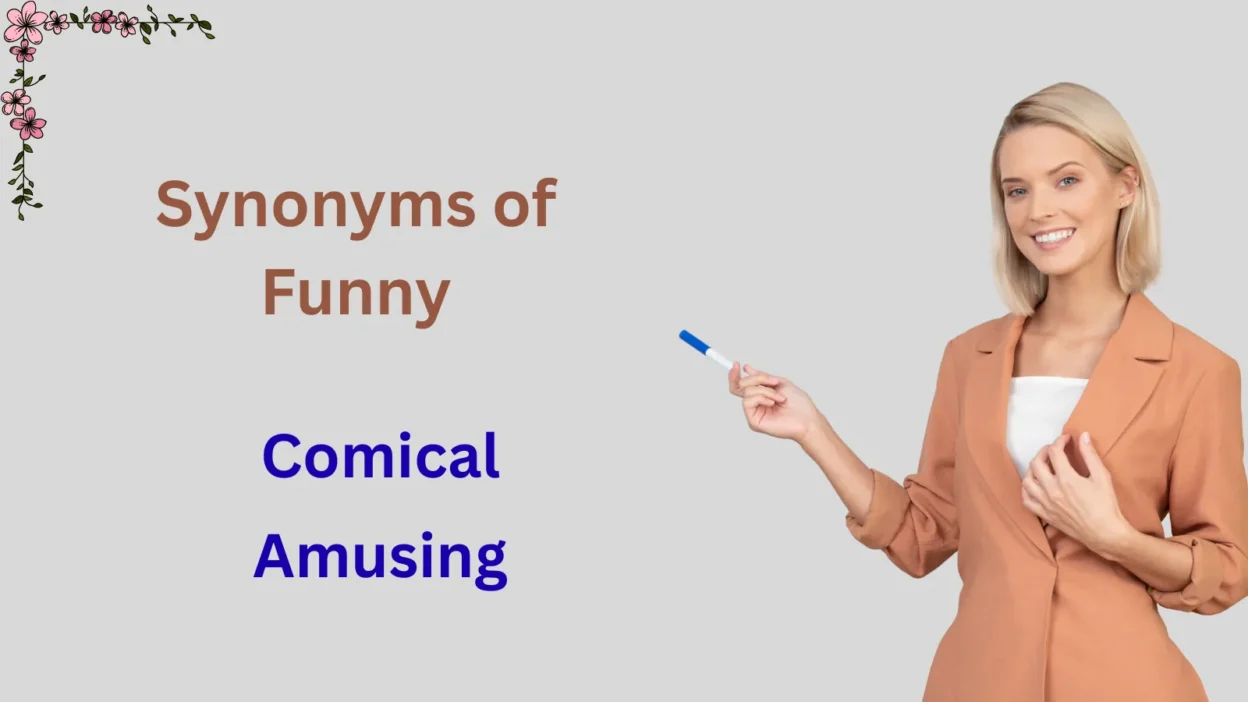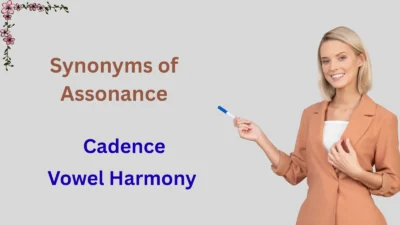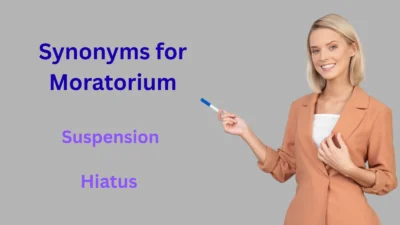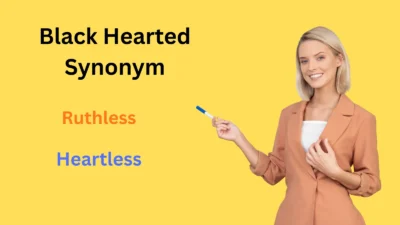Synonyms of funny describe all the different shades of humor and oddness the word can carry. While it often means something that makes people laugh, funny can also mean strange, peculiar, or suspicious. In comedy, it creates amusement and joy. In conversation, it can suggest that something feels “off.”
These synonyms of funny help you express the right tone—whether you want to show humor, wit, or curiosity. From playful laughter to quirky surprises, the right word adds color and clarity to your writing or speech.
They also make your writing more expressive and relatable. Whether you’re describing a person, story, or moment, using the right synonym for funny helps capture the exact feeling you want to share.
Understanding the Meaning of “Funny”
Funny means something that makes people laugh or feel amused. But it can also describe something strange, odd, or suspicious.
It often shows:
- Causing laughter or amusement
- Describing something unusual or peculiar
- Highlighting irony or sarcasm
- Expressing that something feels “off”
It’s not always about humor—it’s about reaction. Funny can make you laugh, think, or question what’s happening. It shows how one small word can connect joy, curiosity, and surprise all at once.
30 Synonyms of Funny with Usage Guidance
1. Amusing
Meaning: Entertaining in a light, enjoyable way.
Example: “The children found the magician’s tricks amusing.”
Use When: You want a polite, softer way to say funny.
2. Comical
Meaning: So odd or exaggerated it provokes laughter.
Example: “His clumsy dance looked comical.”
Use When: Pointing to exaggerated humor or silliness.
3. Hilarious
Meaning: Extremely funny, causing loud laughter.
Example: “That stand-up routine was absolutely hilarious.”
Use When: You want to emphasize strong laughter.
4. Humorous
Meaning: Full of humor or wit.
Example: “She always has a humorous outlook on life.”
Use When: A general, slightly formal synonym for funny.
5. Entertaining
Meaning: Keeping people amused or engaged.
Example: “The movie was entertaining from start to finish.”
Use When: Highlighting enjoyment, not just laughter.
6. Whimsical
Meaning: Playfully odd or fanciful.
Example: “The painting had a whimsical charm.”
Use When: Describing quirky, light humor.
7. Silly
Meaning: Ridiculous or lacking seriousness.
Example: “They laughed at their silly mistakes.”
Use When: Casual humor or harmless foolishness.
8. Ridiculous
Meaning: Absurd to the point of being laughable.
Example: “That excuse was ridiculous.”
Use When: Criticizing something while still noting humor.
9. Witty
Meaning: Clever and funny in a quick way.
Example: “His witty remarks kept the conversation lively.”
Use When: You want to stress cleverness along with humor.
10. Playful
Meaning: Lighthearted and teasing.
Example: “Her playful jokes brightened the mood.”
Use When: Gentle, non-serious humor.
11. Goofy
Meaning: Clumsy, silly, or lightheartedly funny.
Example: “He made a goofy face to cheer up the kids.”
Use When: Casual and childlike humor.
12. Quirky
Meaning: Unusual in a funny or charming way.
Example: “Her quirky fashion sense made everyone smile.”
Use When: Highlighting odd but endearing humor.
13. Comic
Meaning: Relating to comedy or exaggerated fun.
Example: “The comic timing was perfect.”
Use When: Discussing performances or storytelling.
14. Facetious
Meaning: Joking in a way that may not be serious.
Example: “He made a facetious comment about quitting.”
Use When: You want humor mixed with sarcasm.
15. Lighthearted
Meaning: Cheerful and not serious.
Example: “Their lighthearted banter filled the room with joy.”
Use When: Warm, easygoing humor.
16. Slapstick
Meaning: Broad physical comedy.
Example: “The show relied on slapstick humor.”
Use When: Referring to exaggerated, physical comedy.
17. Satirical
Meaning: Using humor to criticize.
Example: “The article was satirical, mocking politics.”
Use When: Humor with a sharp, critical edge.
18. Absurd
Meaning: Wildly illogical or laughably unrealistic.
Example: “The absurd plot made the movie entertaining.”
Use When: Highlighting silliness or nonsense.
19. Zany
Meaning: Amusingly unconventional.
Example: “Her zany energy kept everyone laughing.”
Use When: Describing eccentric, unpredictable humor.
20. Cheeky
Meaning: Playfully disrespectful.
Example: “His cheeky grin made the teacher laugh.”
Use When: Humor with a mischievous tone.
21. Clever
Meaning: Smart in a humorous way.
Example: “The clever punchline surprised everyone.”
Use When: Intellectual or subtle humor.
22. Jocular
Meaning: Fond of joking or being playful.
Example: “The professor was surprisingly jocular.”
Use When: Formal writing about someone’s humorous character.
23. Farce
Meaning: Absurd comedy filled with exaggeration.
Example: “The whole debate turned into a farce.”
Use When: Describing ridiculous, exaggerated humor.
24. Campy
Meaning: Over-the-top and exaggerated for comic effect.
Example: “The play had a campy sense of humor.”
Use When: Talking about flamboyant, exaggerated humor.
25. Mocking
Meaning: Humor that makes fun of something.
Example: “His mocking tone annoyed her.”
Use When: Critical or sarcastic humor.
26. Ironical
Meaning: Expressing humor through contrast or contradiction.
Example: “It was ironic that the fire station caught fire.”
Use When: Highlighting irony in a funny way.
27. Tongue-in-cheek
Meaning: Humor that is dry, sarcastic, or playful.
Example: “His tongue-in-cheek comments often confused people.”
Use When: Subtle, understated humor.
28. Hysterical
Meaning: Extremely funny, causing uncontrollable laughter.
Example: “The comedian’s story was hysterical.”
Use When: Strong emotional laughter.
29. Offbeat
Meaning: Unconventional and amusingly strange.
Example: “His offbeat humor set him apart.”
Use When: Talking about unique, unexpected humor.
30. Laughable
Meaning: So silly it provokes laughter.
Example: “That excuse is laughable.”
Use When: Emphasizing both humor and absurdity.
Choosing the Right Synonym Based on Tone and Context
- Everyday Conversation: Use silly, goofy, hilarious, laughable.
- Formal or Polite Writing: Use amusing, humorous, jocular, entertaining.
- Critical Humor: Use satirical, mocking, facetious, and ironical.
- Creative Writing: Use whimsical, quirky, zany, offbeat.
- Strong Emotional Humor: Use hysterical, ridiculous, absurd, campy.
Cultural Note: British English often favors words like cheeky or jocular, while American English leans toward goofy or hysterical. Tone also matters—calling someone “silly” may feel affectionate in one context but dismissive in another.
Conclusion :
Synonyms of funny show that humor isn’t just about laughter—it’s about how people connect, react, and see the world. The word funny can describe something that makes us laugh or something that feels odd or unexpected.
Choosing the right synonym of funny helps you express your exact tone—whether you mean playful, clever, ironic, or strange. Each synonym adds its own shade of meaning, making your writing clearer and more expressive.





